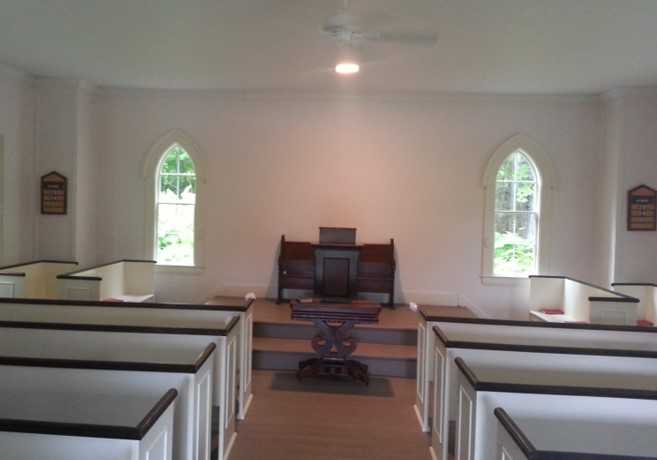Emily M.D. Scott is a Lutheran pastor who published a thoughtful article in the NYTs: The Bible’s #MeToo Problem, June 16, 2018.
The article recounts her own encounter with the story of Dinah, daughter of Jacob from the book of Genesis, as well as other “almost unreadable” acts of aggression and violence against women described elsewhere in the Bible. The article points out the fact that “…rarely are these stories told in our churches.”
Reverend Scott makes the case for these stories being heard and discussed. She does so clearly, unflinchingly, and with considerable empathy. I won’t attempt to summarize or restate her points. Please read her article.
But I do have questions related to the fact that these stories are rarely if ever read aloud in church.
Two necessary caveats
First, full disclosure. I know it may seem inappropriate if not reckless of me to venture into any discussion related to the #MeToo movement. I’m male and can only imagine.
Second, it’s always my intent to avoid politics (to the extent that it’s at all possible.) I’m less concerned with interpretation, meaning and political agendas than I am with the discovery, illumination and realization of human experience as revealed in the Bible. This article is not about the politics. It’s about the importance of reading scripture ALOUD.
With that said, please take what you can use from what follows and disregard the rest.

Why we must read aloud
Reverend Scott admits that she would not “…wish to have these stories read from the lectern as a simple matter of course (and they certainly should not be held up as Gospel).” I don’t reflexively disagree. But I have to ask. Can that be right?
If you begin with the first principle: it is necessary and good to read the Bible aloud. Then you also have to ask, is it only necessary and good to read some passages from the Bible aloud but not others?
I understand there are issues of audience maturity, emotional triggers, and cultural complexity, etc. when we engage in any public reading. But if we are bearing witness to lives presented in the Bible, aren’t these stories at least gospel with a small “g.” Are we not called upon to present all the evidence, even if it is painful to hear?
What we miss
The human events recounted in the Bible are not all anodyne. I don’t think they are intended to be and I don’t think we are supposed to avoid or ignore those events that are especially painful.
As Reverend Scott notes, Dinah’s experience is still very much a part of today’s human experience. Doesn’t this reinforce the idea that the Bible is not just ancient and mythic history? The Bible is immediate and relevant. To say, “Well, you have to understand the time in which they lived…” or “that was the way things were back then…” is to avoid encountering the often-stark realities of scripture that has agency right here and right now.
Words are important. Saw her, he seized her and lay with her by force are words describing unequal power and extreme violence. These are words whose destructive power is only fully revealed when spoken aloud.
This story and these words may be uncomfortable and even shocking to read out loud. That may be by design. These are words that force us, the reader and the listener, to encounter and confront difficult truths about ourselves and the world in which we live.
To borrow from Hamlet, these are stories that “hold a mirror up to nature” and should “give us pause.” When the description of what happened to Dinah is read aloud, we should literally pause.
Where and when?
Whether or not these stories should be read aloud during the church service is a question best left to the Reverend. But if not in the setting of the service, then where and when? And surely these are not just stories for victims of #MeToo experiences to read and discuss among themselves and sympathetic others. These are words for all to hear.
If we avoid specific events depicted in the Bible that paint any of us in a particularly unfavorable light, is all relevance at risk — along with the ability to engage the interest and attention of new generations — when the “hard” parts of the Bible are skipped or glossed over for fear of alienating members of the current congregation?
Shouldn’t we give voice to the experience of Dinah through the public reading of scripture? No one in the Bible should be avoided, ignored or forgotten. All voices, including the silent ones, need to be heard.

